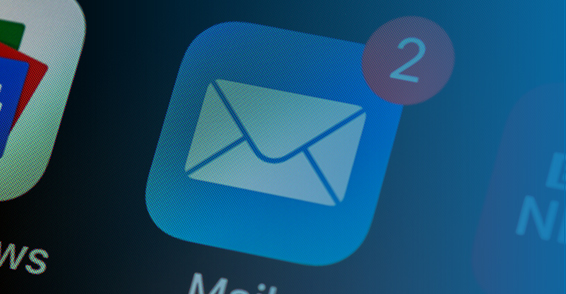
Email Deliverability
October 2, 2024
Five Reasons Your Business Should Be Concerned About Ransomware
October 16, 2024Does planning your retirement, managing staff turnover, and attracting new “millennial” talent to your scales business keep you up at night?
Taking care of the retirement of Baby Boomers and getting Millennials to join your scales business
Are you worried about when you’ll retire, how to deal with staff turnover, and how to get new “millennial” employees for your scales business?
It’s hard to imagine that as a business owner or senior manager, you aren’t worried about how many of your business processes and customer relationships depend on a few key employees who could quit or retire at any time. Or maybe they don’t keep you up at night. What can make things even harder is that millennials might not be interested in businesses like the scales industry at first glance.
Also Read: 3 Industry Changing Trends – Weights and Scale Industry
How the retirement of Baby Boomers is affecting the scales business
The truth is that the retirement of baby boomers will have an impact on every industry. Take a look around the office. How many of your employees are over 50? Are you happy that your long-time technician is retiring, or do you dread the day he comes in and says he’s going to play a lot more golf?
It’s possible that technology can help you solve both the problem of finding new employees and the problem of running your business without those long-term workers.
Why millennials are important for the scales business in the future
Millennials are people who were born after 1980, which means they are now between the ages of 20 and 35. If you want to hire someone new, they will probably be there between those ages.
Many times, we say that this group is very different from “our generation.” However, they do have some great qualities that are in high demand and could make them great employees in the scales industry.
Also Read: Certificate Retrieval System
Technology Adaptability: Millennials’ Competitive Advantage
One of these traits is being able to quickly learn how to use new technology. We often complain that millennials spend too much time on their phones or tablets, but the truth is that they can learn new apps much faster than older workers.
They are always looking for a way to do something that is better and easier. These people have moved on to Snapchat and Instagram while most of us are still getting used to Facebook.
The Team-Oriented Nature of Millennials
Millennials also work well with others. They work together on projects and ask other people for help when they’re stuck. They are looking for that level of engagement and career after years of “helicopter parenting” and being forced into team sports and school, where group projects and presentations are always pushed.Like their parents, the baby boomers, millennials want to reach their goals and need to know all the time how they’re doing compared to their coworkers. Again, these are all great traits for people who want to work as scales technicians in the future.
Getting millennials to work for your scales company
Many large businesses have older paper-based workflows and systems that aren’t needed anymore, which will make it hard to hire new people. Young people today will think it’s unnecessary to send technicians with smartphones to customers to sign paperwork and purchase orders and then have them drive back to the office to turn it in. This is called “a hat on a hat” in their language.
Technology: A Way to Plan for Succession and Help Your Business Grow
There is good news, though: what millennials want is also very good for your business. If you want to sell your business, the person who might buy it will want to see that your internal systems are well documented and don’t depend on one employee doing great work. If it’s important to your business to plan for the future and find new employees, you should start thinking about why those new employees will want to work for you.




